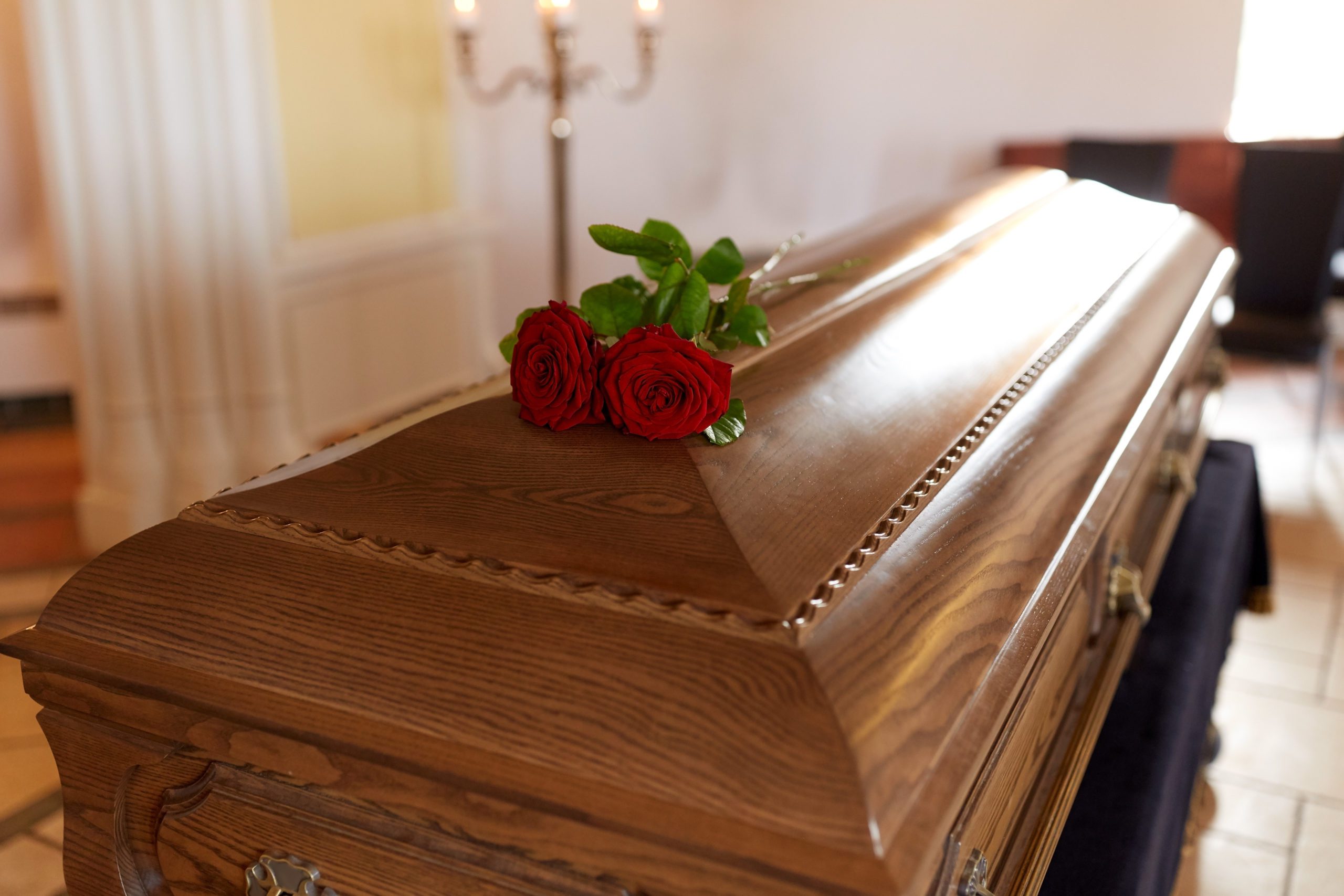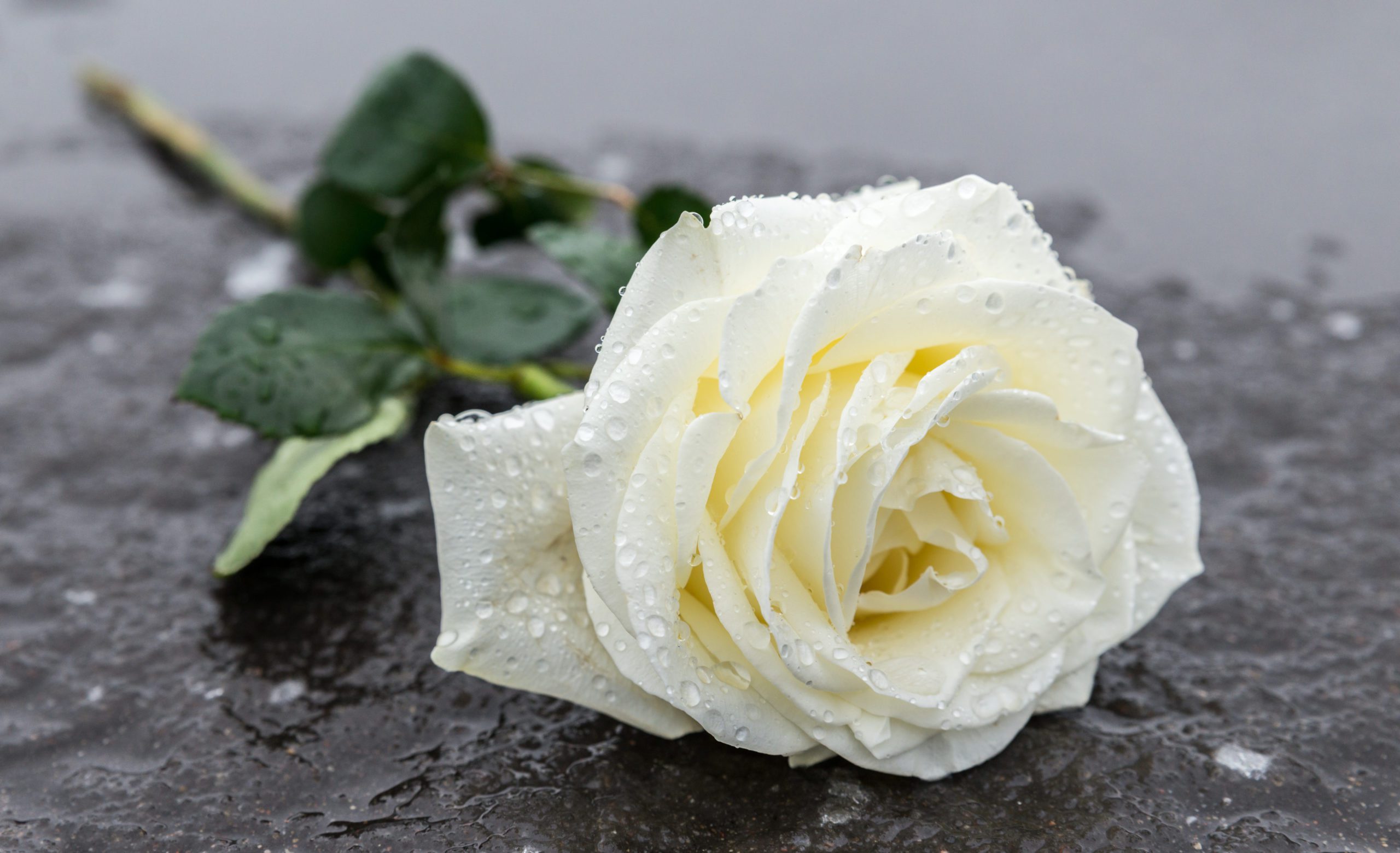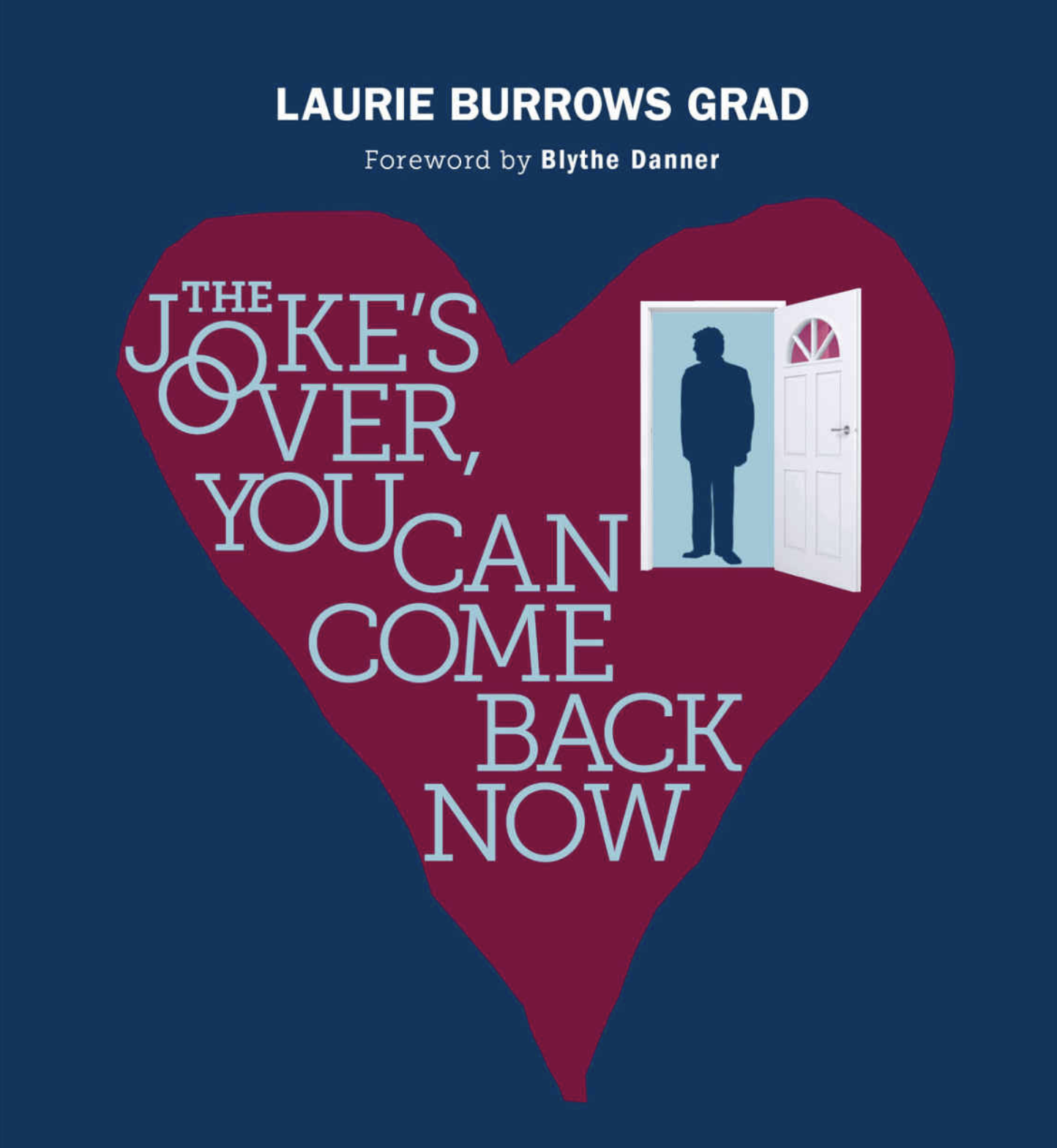If you think mental health and addiction aren’t creating a ripple effect in this country, you may want to look at the latest stats released by the Centers for Disease Control and Prevention (CDC). Their new research shows that the country’s life expectancy rate has lowered for the third year in a row due primarily to these issues. Now, American babies born this year aren’t expected to live past 78 years old.
The way these stats are calculated has to do with U.S. death rates as a whole. And not surprisingly (with the opioid addiction crisis in full swing), overdoses lead the pack. In just two years, ODs have seen a 10 percent increase; primarily among men.
Suicides were another strong contributor to the overall life expectancy rate. Since just 2017, there was nearly a four precent jump in people who take their own lives. And though men still account for more of these types of fatalities, women are showing an increase as well. As of today, suicides are the 10th leading cause of death in America.
CDC director Dr. Robert Redfield spoke to the media about these latest findings. He found the rates especially troubling, since a majority of these deaths were preventable (as opposed to cancer or other diseases).
“Life expectancy gives us a snapshot of the nation’s overall health and these sobering statistics are a wakeup call that we are losing too many Americans, too early and too often, to conditions that are preventable,” Dr. Redfield explained. “We must all work together to reverse this trend and help ensure that all Americans live longer and healthier.”
The site Vox.com took the research a step further, illustrating what a big role addiction plays in this scenario. They singled out the states that had the lowest life expectancy rates, all of which have been flagged as being riddled with opioid dependencies.
As illustrated in the map below, West Virginia, Ohio and Pennsylvania were the major culprits. On a somewhat positive note, it appears as though our home state of California is one of the lesser impacted regions.
Regardless, we find these latest statistics particularly troubling. One of our missions at Inneractions is improve health, both mental and physical. In our opinion, working with trained professionals to deal with addictions and emotional hurdles is truly the key to turning these life expectancy figures around. We encourage anyone who is struggling to please reach out and to avoid becoming another tragic statistic.




